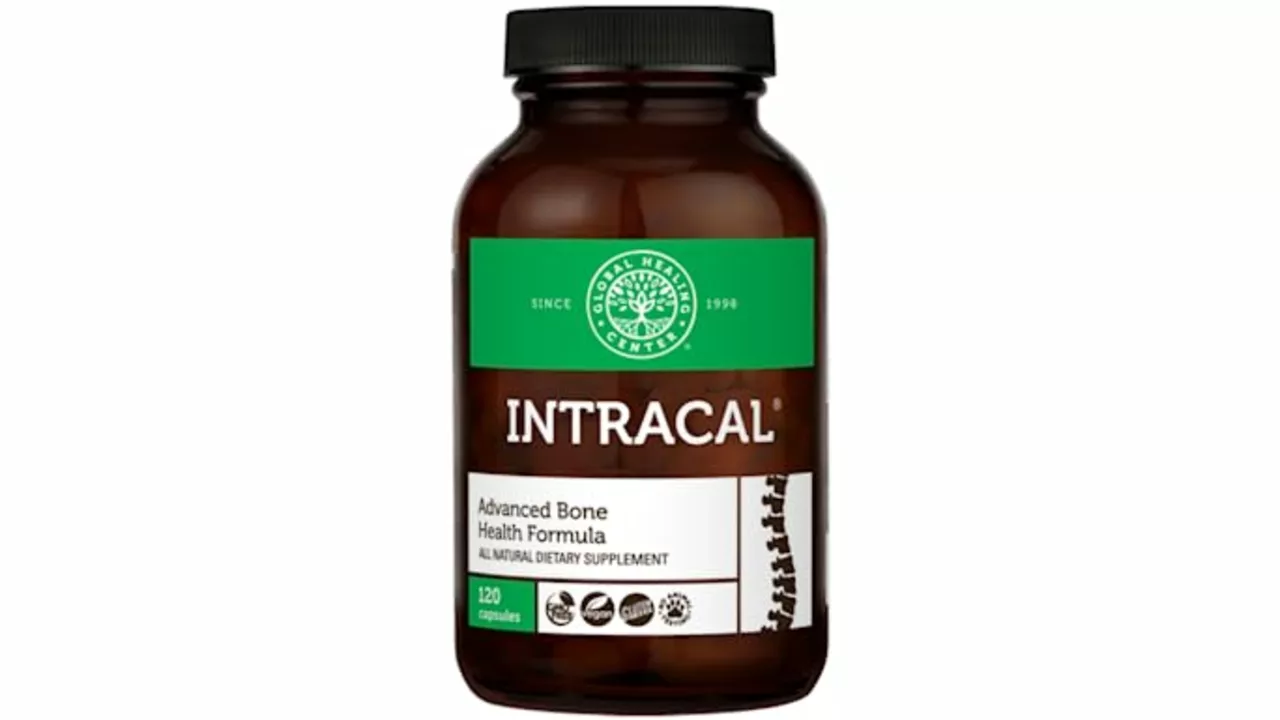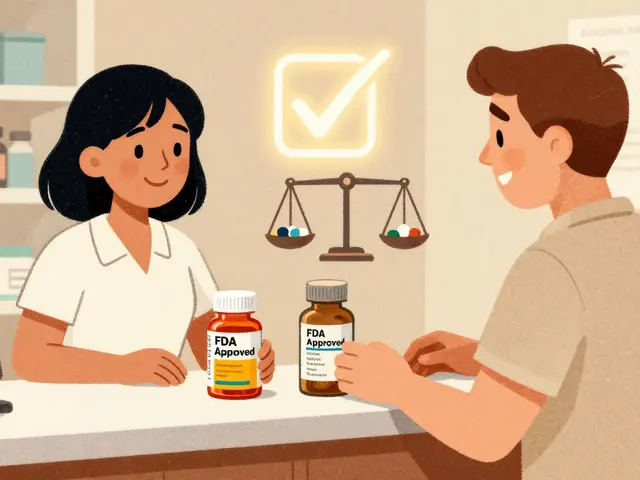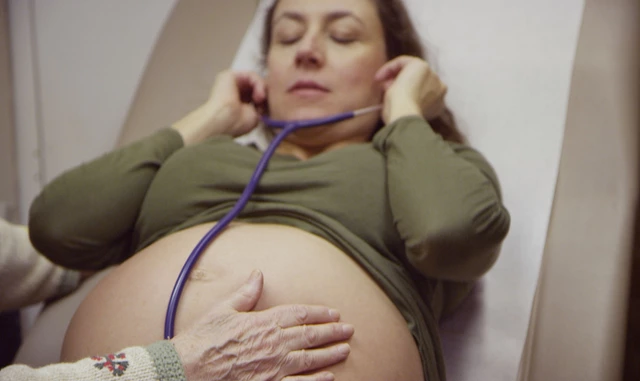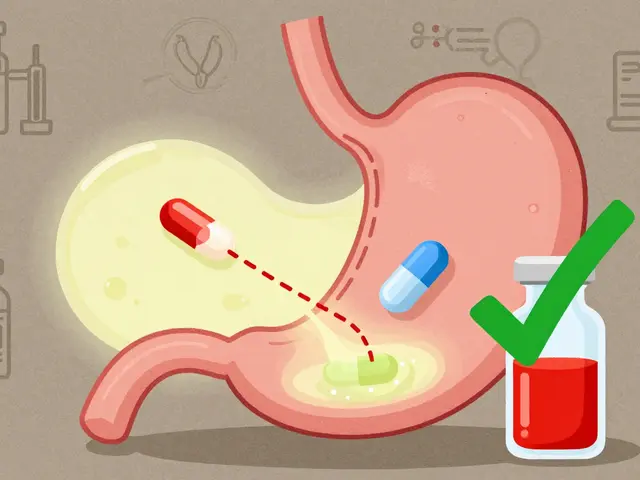Detox: Safe, Practical Ways to Clean Up Your Diet and Body
Detox isn’t a magic reset button. You can’t wipe months of poor diet or heavy drinking in a weekend juice fast. What you can do is support your body — especially the liver and kidneys — with practical steps that lower toxin load, improve energy, and protect health. This page gives clear, no-nonsense advice on safe detox methods, what actually works, risky fads to avoid, and when to see a clinician.
Safe Everyday Detox Steps
Start slow. Hydration is the simplest move: plain water and modest salt when needed help kidneys flush waste and keep blood pressure steady. Focus on whole foods — vegetables, fruit, lean protein, whole grains — and add fiber to feed healthy gut bacteria. Cut or pause alcohol, processed sugar, and smoking while you reset. Aim for consistent sleep and light daily movement like walking; both speed recovery and reduce cravings.
Supplements can help but they aren’t required. Milk thistle has some evidence for liver support in people with liver disease, and omega-3s lower inflammation. Probiotics can help gut symptoms for some people. Avoid high-dose herbal cleanses, laxative teas, or products promising fast toxin dumps — they can cause dehydration, electrolyte problems, or liver injury. If you take prescription meds, check with your doctor before adding supplements; some interact or change how drugs are processed.
For drug or alcohol detox, medical care matters. Withdrawal can be dangerous. Severe alcohol withdrawal or opioid withdrawal needs supervised treatment, medications, and monitoring. If you or a loved one uses substances daily and tries to stop, contact emergency services or a local clinic first. Detox centers and addiction specialists can create a safe plan including buprenorphine, methadone, benzodiazepine tapers, or other meds when needed.
Try a simple 7-day starter: day one pick hydrated foods and cut alcohol; days two to four focus on vegetables, lean protein, beans, and whole grains; add a serving of fatty fish or walnuts twice in the week; by day five try a probiotic yogurt or kefir; keep walking 20–30 minutes daily; sleep goal 7–9 hours. This isn’t extreme — it’s a reset you can keep.
Watch out for tests and therapies that prey on worry. Commercial 'heavy metal detox' kits and unproven lab panels often lead to costly, useless steps. If you suspect real exposure—lead, mercury, workplace solvents—ask your doctor about blood or urine testing and follow up with occupational medicine. Saunas and sweat can help relaxation and mood but won’t remove most toxins stored in fat. Focus on evidence-based steps first.
When to See a Doctor
Signs that you need medical help include high fever, severe abdominal pain, fainting, confusion, fast heartbeat, seizures, or vomiting you can’t stop. Also check in if you feel unusually sleepy after trying a new supplement. A doctor can run tests, adjust medications, and recommend safe support.
Start with small changes this week and track how you feel. If something feels off, stop and ask a clinician. Safe habits beat gimmicks every time—steady wins for long term health results.










